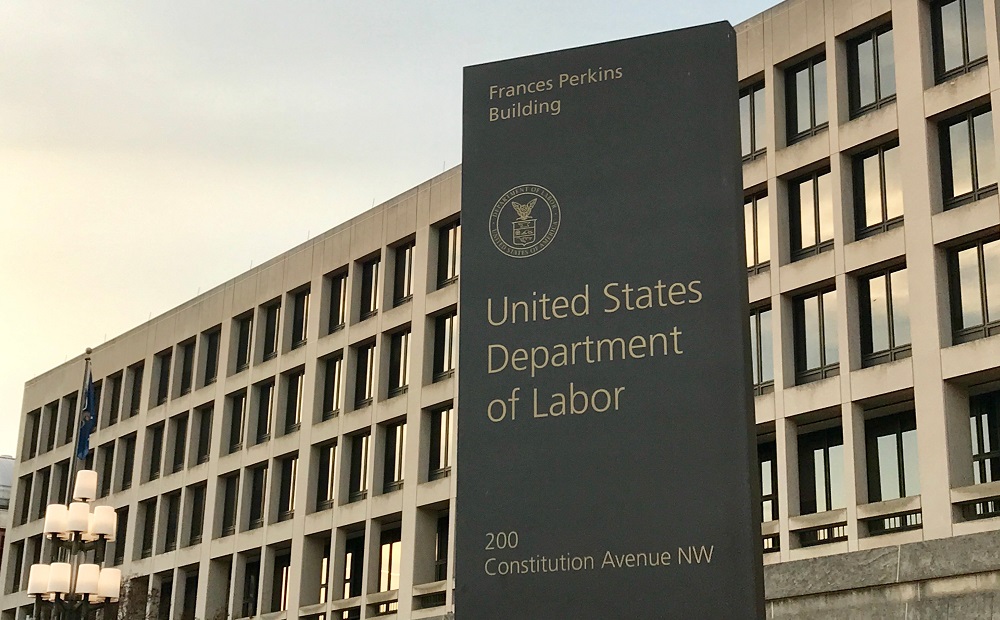Ideas for the emerging “SECURE 3.0” retirement savings bill—which is still early in the development phase—are beginning to proliferate. Here is a summary of some of the idea's lawmakers are considering for the next-generation retirement savings legislation.
Among the newest proposals is a bipartisan bill from Senate Health, Education, Labor, and Pensions (HELP) Committee members Sens. Tim Kaine (D-VA) and Bill Cassidy (R-LA). Their bill, S.3305, would reduce the age at which employees could become eligible to participate in an employer-sponsored retirement savings plan from 21 to 18. The “Helping Young Americans Save for Retirement Act” would exempt plan participants who are 18, 19, or 20 years old from most discrimination tests in an effort to reduce the administrative cost of opening plans to younger workers.
Other ideas gathered by the technical staff who will be writing the next-generation retirement savings bill include a more generous tax credit for start-up plans by very small employers, and an automatic re-enrollment bill which would empower workers to rethink, every three years, any earlier decisions they made not to participate in their employers’ retirement plans.
Prospects: As key members of the committee with jurisdiction over ERISA issues (note: Sen. Cassidy is the HELP Committee’s ranking member), Sens. Kaine and Cassidy have a better-than-even shot at having their bill considered in committee. NAIFA is currently studying the bill to determine whether to support it.
NAIFA Staff Contact: Jayne Fitzgerald – Director – Government Relations, at jfitzgerald@naifa.org.






.png?width=600&height=90&name=Support%20IFAPAC%20%20(600%20%C3%97%2090%20px).png)
